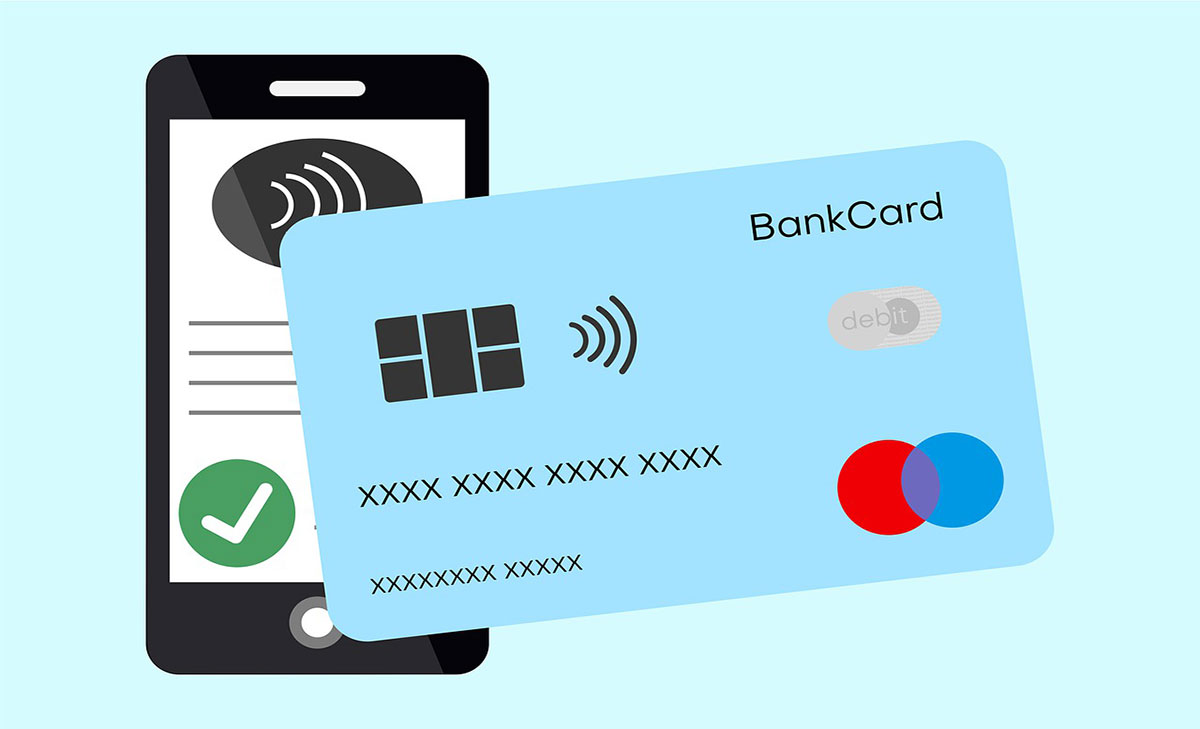How to obtain a Digital Credit Provider Licence in Kenya
To operate as a Digital Credit Provider in Kenya, entities must apply for a DCP license from the CBK. This license confirms compliance with regulatory and statutory requirements. Key factors the CBK evaluates during the application process include:
- Applicant’s history
- Management’s professional and moral suitability
- Source of investment funds
- Adequacy of systems, policies, and procedures
- Governance and risk management systems
- Public interest considerations
Licenses are renewable annually by December 31. The names and addresses of licensed DCPs are published by the CBK within 30 days of approval. DCP licenses are non-transferable and cannot be assigned or encumbered.
Non-compliance may result in CBK-imposed sanctions, including fines, suspension, disqualification from holding office, and, in severe cases, license revocation.
Steps to Apply for a Digital Credit Provider License in Kenya:
- Prepare Required Documents
Gather all necessary documents that demonstrate compliance with the regulations. These include:- The applicant’s business history.
- Professional and moral suitability of key management personnel.
- Proof and sources of funds to be invested in the business.
- Policies and procedures regarding governance, risk management, data protection, AML/CFT, and consumer redress mechanisms.
- Develop Internal Policies and Procedures
Ensure you have the internal policies in place, such as:- Corporate governance policies.
- Data protection and security measures.
- Risk management and AML/CFT policies.
- Consumer redress and complaint handling procedures.
- Submit Your Application to the CBK
Apply directly to the Central Bank of Kenya (CBK) by submitting the required documents. You can do this through the CBK portal or via other official channels that may be specified by the CBK. - Await Evaluation by CBK
The CBK will evaluate your application, considering factors like:- Your entity’s financial stability.
- The capability and integrity of the management team.
- The adequacy of your systems for credit issuance and customer protection.
- Public interest considerations.
- Approval and Issuance of License
If approved, the CBK will grant you a Digital Credit Provider license. The license will be valid for one year, renewable annually before December 31. - Maintain Compliance
Once licensed, you must comply with the CBK regulations at all times. Failure to do so may result in penalties or revocation of the license.
Licensing Renewal:
- The DCP license is renewable annually, and you must ensure your renewal application is submitted on or before December 31 of each year.
Grounds for License Revocation or Suspension
The CBK reserves the right to suspend or revoke a DCP license if:
- The DCP breaches licensing conditions
- Annual fees or penalties are not paid
- False information is provided during application
- The DCP ceases operations
- The DCP violates anti-money laundering or terrorism financing laws
- The DCP engages in unlawful practices detrimental to public interest
Before taking action, the CBK will provide the DCP with an opportunity for a fair hearing.
For more details, refer to the CBK website or the relevant CBK communication channels regarding the licensing process. The CBK has the exclusive mandate to issue DCP Licence however we can help you navigate through the rigorous application process.

